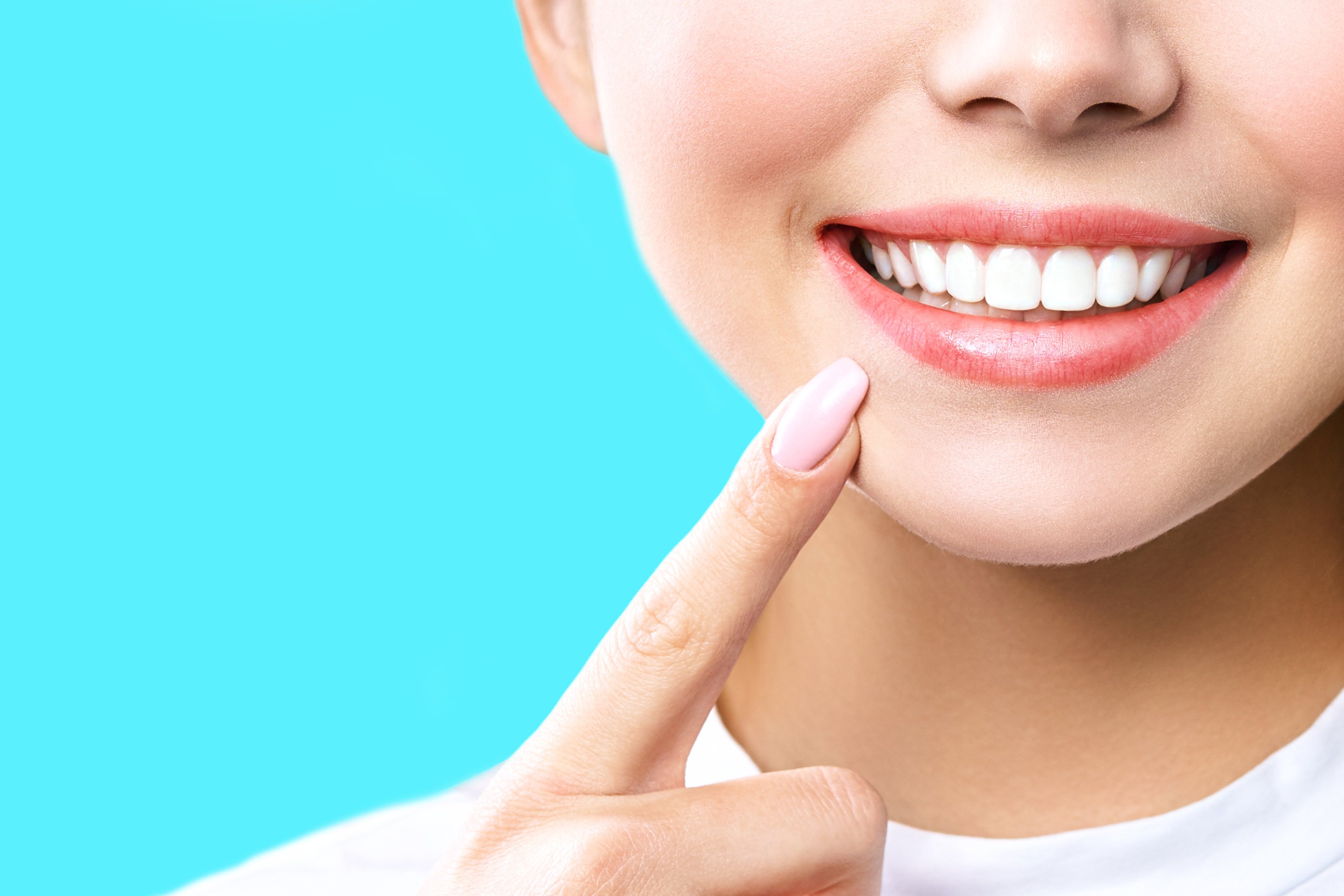Your Guide to the Keto Diet and Oral Health

Summarize with AI
The ketogenic diet has been marketed as an effective way to lose weight and improve overall health. But how does it impact your teeth and gums? Here's what you should know about the keto diet, along with some tips for preserving your dental health.
What Is a Keto Diet?
Originally designed as a therapeutic diet for pediatric epilepsy, the ketogenic diet is a high-fat, low-carbohydrate, adequate-protein approach to eating. The reduction in carbohydrates puts the body into a metabolic state known as ketosis. When this occurs, the body becomes very efficient at burning fat stores for energy. It also transforms fat into ketones, which can supply energy for brain function. Keto diets can cause substantial reductions in insulin and blood sugar levels, which may lead to numerous health benefits.
How Keto Diets Affect Oral Health
When you substitute carbohydrates with healthy proteins and fats, your body experiences several changes. For starters, your risk of tooth decay decreases since you are eating less processed sugars, which the American Dental Association recognizes as a major threat to good oral health. Since oral bacteria thrive on sugar, reducing your sugar intake is a smart way to avoid cavities.
Research also indicates that a low-carb diet may help reduce periodontal inflammation. One study found that subjects had lower rates of gingivitis and oral inflammation when they ate low-carbohydrate diets that are high in omega-3 fatty acids.
How Keto Affects Your Breath
You may have heard of the term Keto-breath, which refers to the distinctive "ketosis" smell. This occurs due to how your body breaks down fats. According to health experts at the University of California, San Francisco, ketosis begins when your body exhausts all of its glucose stores and begins burning fat for energy. Since one of these ketones, called acetone, is unusable, your body expels it via your kidneys and lungs. This can cause you to have an overly sweet, fruity-scented breath.
You can alter the smell of your breath with the following tips:
- Chew sugar-free gum to freshen your breath and help stimulate saliva production.
- Eat healthy complex carbohydrates, such as whole grains and leafy green vegetables, while avoiding refined carbs.
- Drink more water to stay hydrated and promote saliva production.
- Add fresh herbs such as clove, mint, cinnamon and fennel to tea or water.
Things to Consider About the Keto Diet
Starting a ketogenic lifestyle should only be done with the approval and supervision of your health care professional. While a keto diet may offer health benefits for oral health, it may not be appropriate for everyone. Ask your doctor if you are healthy enough to start a keto diet, especially if you have existing health issues or take prescription medications.
You should also continue good oral health habits to prevent cavities and gum disease. While it might be beneficial for oral health, a keto lifestyle is not an effective substitute for daily brushing and flossing.
.png)

